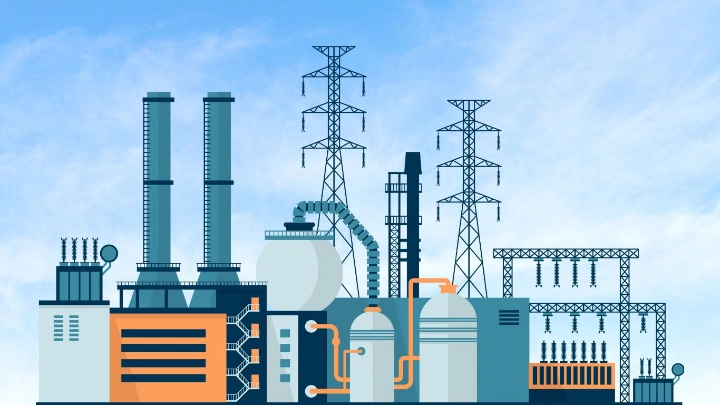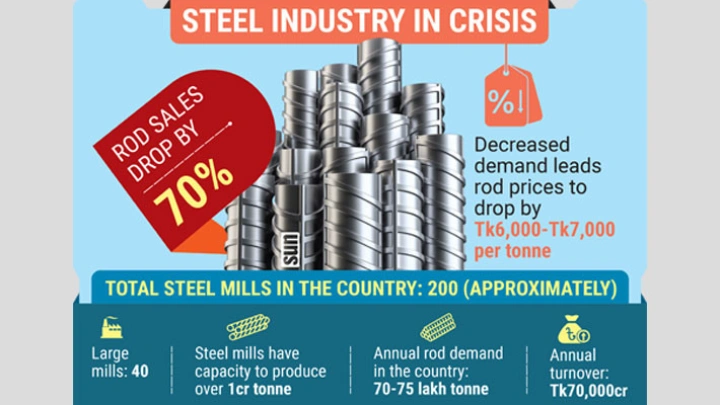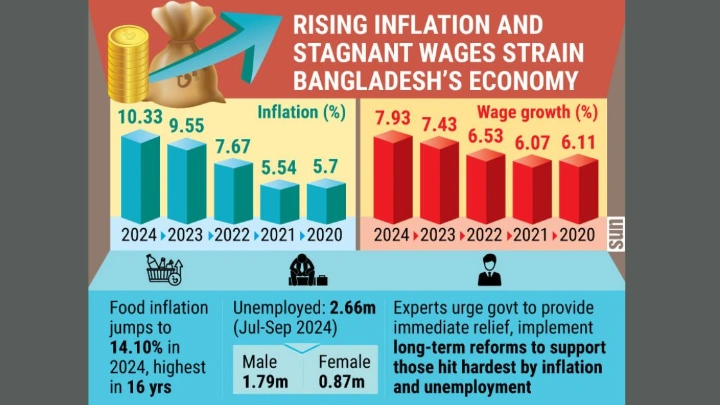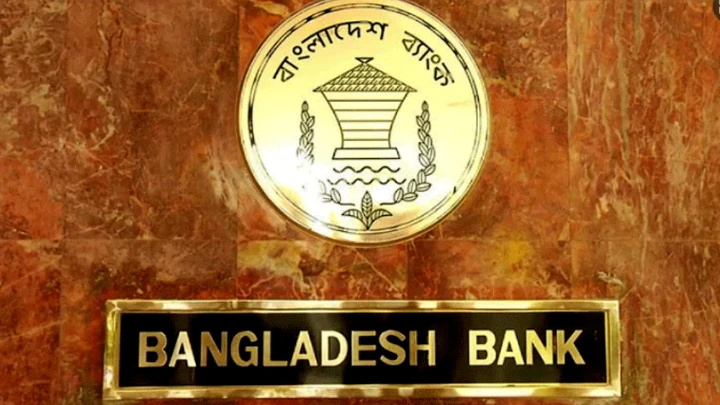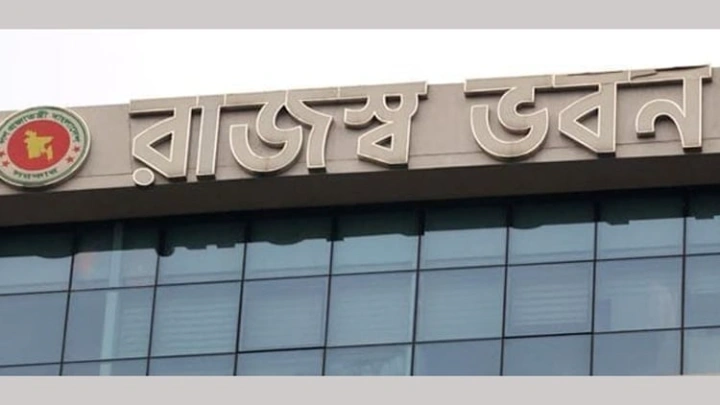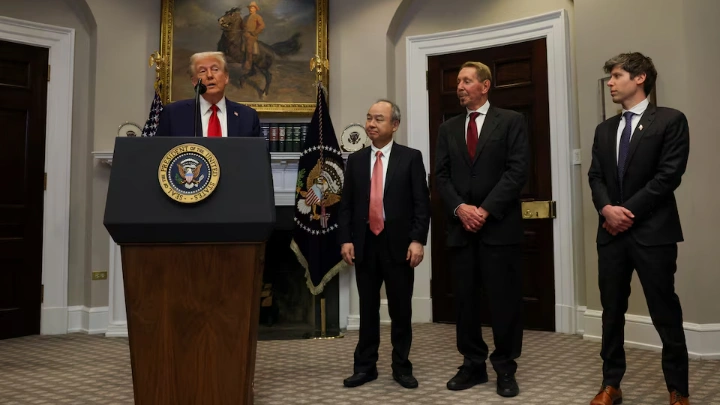40% electricity wasted in industries, 15% in residences
DailySun || Shining BD
About 15% of electricity is wasted in residential areas, while industrial and commercial sectors experience losses exceeding 40%, according to the Bangladesh Solar & Renewable Energy Association (BSREA).
“Unless we are compelled to import energy, we must prioritise energy efficiency in consumption. Regulatory authorities need to play a more effective role in this regard,” said BSREA President Nurul Aktar at a seminar organised by the Dhaka Chamber of Commerce & Industry (DCCI) at its office in the capital on Saturday.
Aktar, who also serves as the convener of DCCI’s Energy Standing Committee, emphasised implementing an energy audit system every two years and standardising equipment to ensure better efficiency.
Energy Adviser Muhammad Fouzul Kabir Khan attended the event as the chief guest with by DCCI President Ashraf Ahmed in the chair.
Addressing the event, Fouzul Kabir Khan stated that Bangladesh requires at least 4,000 million cubic feet per day (mmcfd) of gas, whereas the current supply is below 3,000 mmcfd. “The government plans to introduce open bidding to utilise the 60–70 mmcfd of gas reserves recently discovered in Bhola. Additionally, we aim to drill 50 gas wells initially, expanding to 100 in phases,” he said.
He also announced that advertisements for 40 solar power plant projects would soon be published in newspapers, with the government arranging land for interested investors.
Speaking at the event, Ashraf Ahmed highlighted that Bangladesh’s energy consumption s increased nearly fourfold in the past two decades, reaching approximately 45 million tonnes of oil equivalent (TOE).
He also noted that several power plants in the country are aging, and their production capacity is expected to decline significantly by 2030.
In his keynote address, Dr Mohammad Tamim of BUET argued that long-term energy pricing models are impractical, suggesting instead a workable timeframe of three to five years.
He explained that the cost of power generation, particularly from gas, surged since fiscal year 2020–21 due to factors such as currency devaluation, inflation, increasing fuel imports, and global energy price hikes.
Dr Tamim also highlighted that system losses account for at least 5% of gas, equivalent to 130 mmcfd.
He pointed out that Bangladesh uses only 40–45% of its energy generation capacity as the plant factor, whereas the standard should be at least 60%.
Other notable speakers at the seminar included Dhaka University Professor Badrul Imam, BUET Professor Ijaz Hossain, Confidence Group Vice-Chairman Imran Karim, and DFDL Bangladesh Partner Barrister Shahwar Jamal Nizam.
Shining BD

